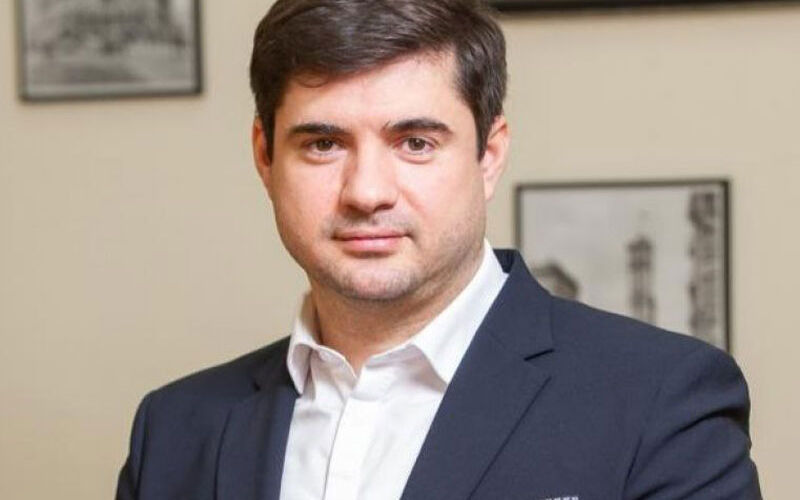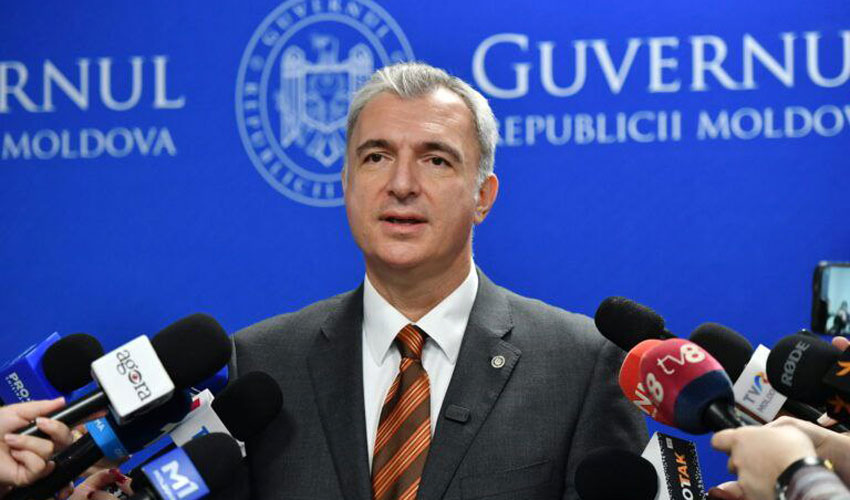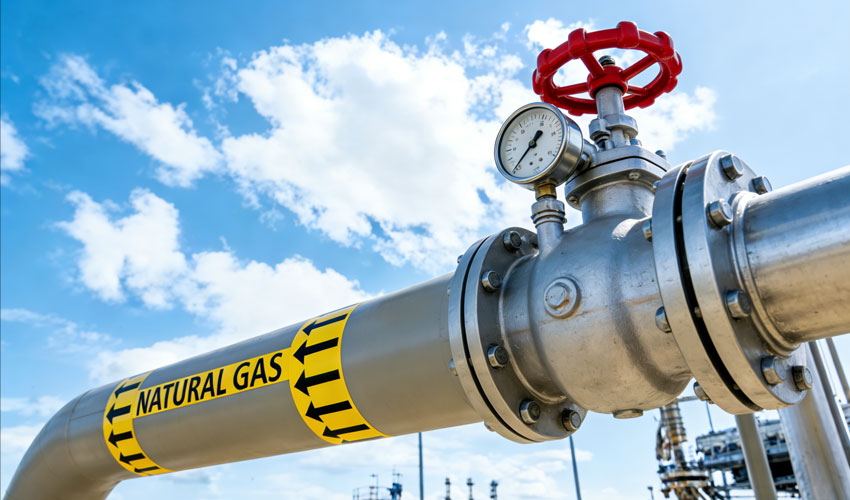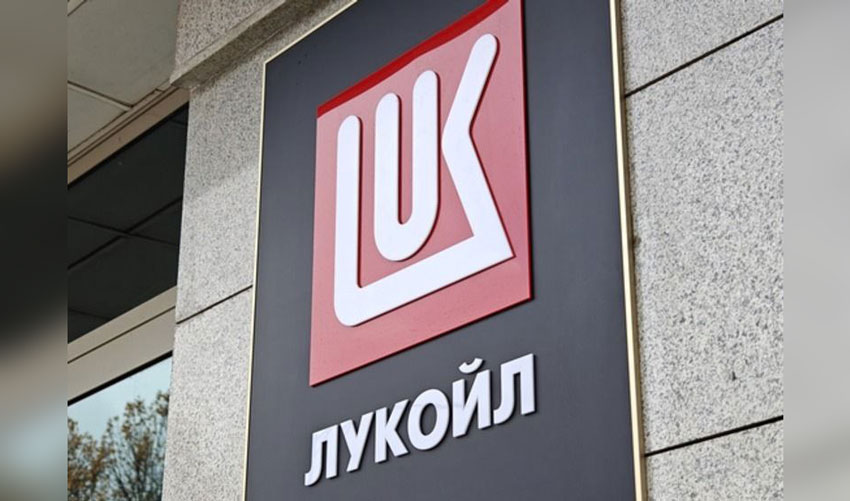
Roman Kozhukhar, Director of the State Property Agency
The issue of denationalization as the key role it should play in structural reorganization has resounded with renewed vigor. An interdepartmental government commission established under the State Property Management Strategy for 2023-2030 worked all last year. The document pursues a long-standing goal – management efficiency. The rest – under the knife. Or into private hands. Western experts are already paying tribute to the Moldovan authorities’ efforts to join the European community of “state-free market”.
But not everything is so simple. As it is supposed to be, we either feel sorry or do not have enough time to part with what we need and brings good profit. Hence the range of traditional “strategic” tasks – to increase, improve, etc. But as circumstances change, this year’s update of the lists “for privatization” looks somewhat different. So far on paper.
The sorting of state-owned companies has been carried out according to a new methodology. The same 250 enterprises with state participation from the Public Heritage Register have been “combed” into more modern, fragmented categories this time. In addition to those participating or not in privatization, the commission identified the objects that will change their organizational form or will still wait for an investor after restructuring. Well and traditionally – the list of closed and long ago written off the accounts. They hang on the balance sheets of departments and can not be legally liquidated. They can’t get their hands on them or for other reasons.
According to Tatiana Gurchak, vice-director of the State Property Agency (APP) for administration of the public sector, the quantitative breakdown by categories that has “leaked” into the public space does not mean either a new privatization policy or the decentralization process that has begun. Many enterprises have been listed in their “nominations” for years, and there will be no special surprises now.
But there are already surprises – the nominees will not be published “by name” in the official press, and those who are particularly interested are asked to send requests for disclosure of “state secrets”. And this is despite the commitments made in the Memorandum with the IMF to make the process fully transparent. Roman Cojuhari, director of the agency, is already explaining that Moldtelecom will be safe and that Metalferos will be alive and well despite all the troubles.
Since it is not our task to stir up public opinion either, let’s say on behalf of an agency with rather limited powers and on which all the bumps fall. The APP promises that the approach to the management of state companies will be “in accordance with their category: subject and not subject to privatization, in the process of bankruptcy or under liquidation. At the same time, the process of reorganization of state enterprises into other legal forms will be accelerated. We are talking about those that are mainly engaged in the provision of public services, etc.”. That is, they can earn their own money.
A government commission conducted an inventory and recommended:
68 enterprises – to be excluded from the privatization list;
52 enterprises – to reorganize into another legal form;
10 enterprises – privatization is possible after restructuring;
10 enterprises – recommended for immediate privatization;
98 enterprises – subject to liquidation.
In practice, the agency’s work has intensified. Since the end of last year, public auctions for the sale of unused state property have been regularly held. Mainly vacant lands and plots. Based on the results of the examination in 2024, a draft government decree has been prepared to transfer some state real estate into private ownership and change the intended purpose of some land plots.
The procedure for leasing out unused assets has been simplified. Among the most important changes: abolition of the restriction on capitalization of assets only in the year following the inventory, expansion of the direct negotiation procedure for special categories of rentals, and reduction of the bureaucracy associated with repeated auctions. These measures should bring in more revenue from unused state assets. The changes also include adjustments to the rules for renewing existing contracts, giving more flexibility to participating entities.
Of the good intentions: “the state will not be present in areas where competition exists, limiting itself only to strategic areas or facilities related to state security; a transparent, competitive and holistic privatization process with several specific mechanisms for limiting and vetting investors. The legislative framework regulating the process of denationalization of public property will be supplemented: it will stipulate the conditions and criteria for conducting a comprehensive legal assessment of the privatization participants”.
Roman Kozhukhar, Director of the State Property Agency: “The Agency will continue to promote efficiency, transparency and effectiveness in the management of state assets. This is just the beginning! We will continue to demonstrate that state-owned companies can be competitive, efficient and profitable if properly managed”.
Only by 2030 they promise to manage, but the quantitative limits of the state presence are not specified. But the process of corporate governance of SOEs will be brought to perfection by that time. It is not clear either. According to Stanislav Madan, program director of the Expert-grup analytical center, in recent years the process of denationalization has been reversed. After the decline in the share of state property in the formation of GDP, its growing influence is observed. The contribution of the public sector has mainly increased, “thanks” to the pandemic and the energy crisis.
“The share of state property as a contributor to GDP formation fell from 22% in 2005 to 16.3% in 2010 and to 9.3% in 2019. But denationalization was rarely accompanied by successful sale transactions, and they often became scandalous. The examples are in everyone’s ears. The public sector lost its value both for the more banal reason of inefficient ownership and the new economic conditions. After 2019, when the interest of the private sector, and even more so of foreign capital in the privatized objects significantly decreased, state companies had to take over the lost functions,” Stanislav Madan believes.













